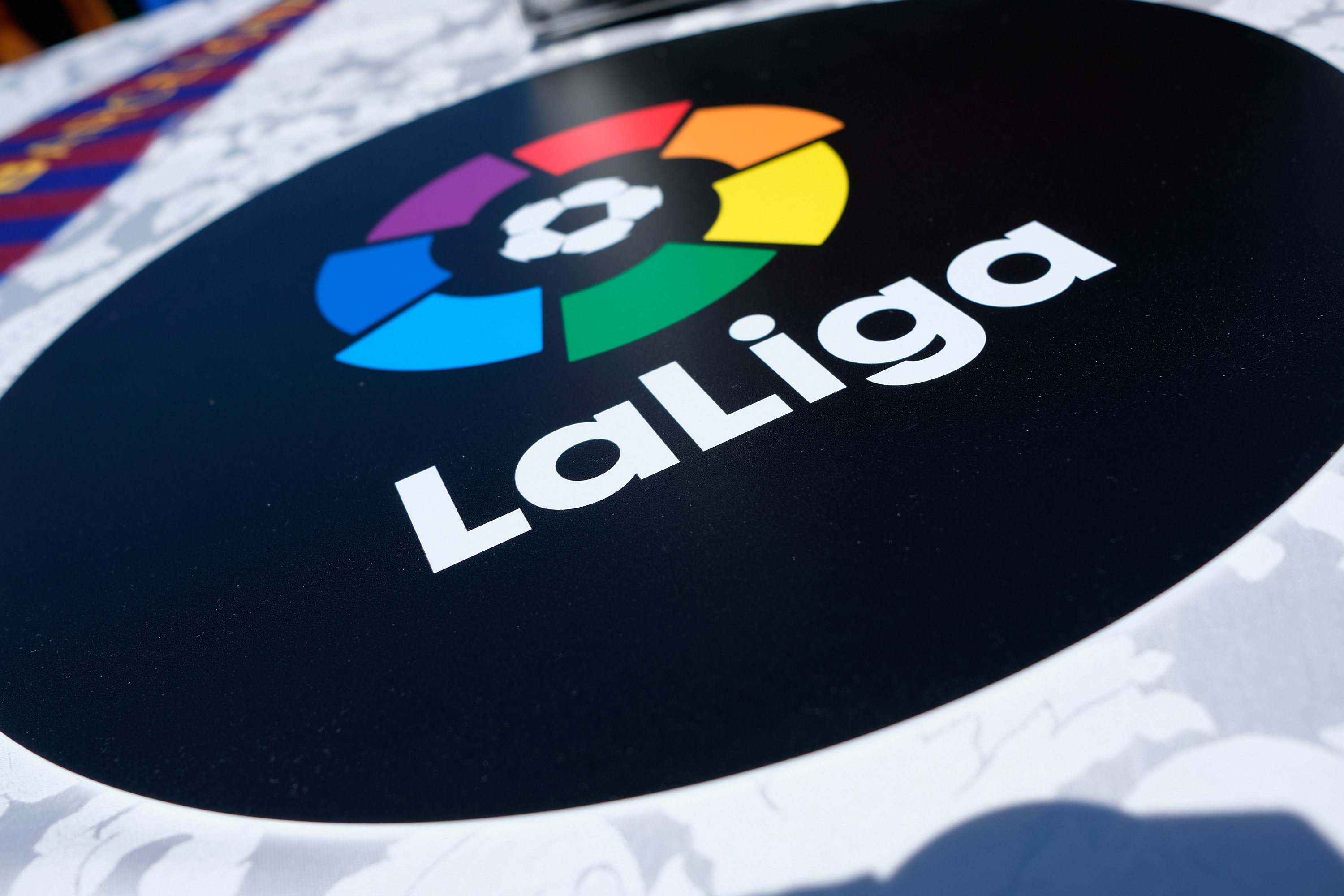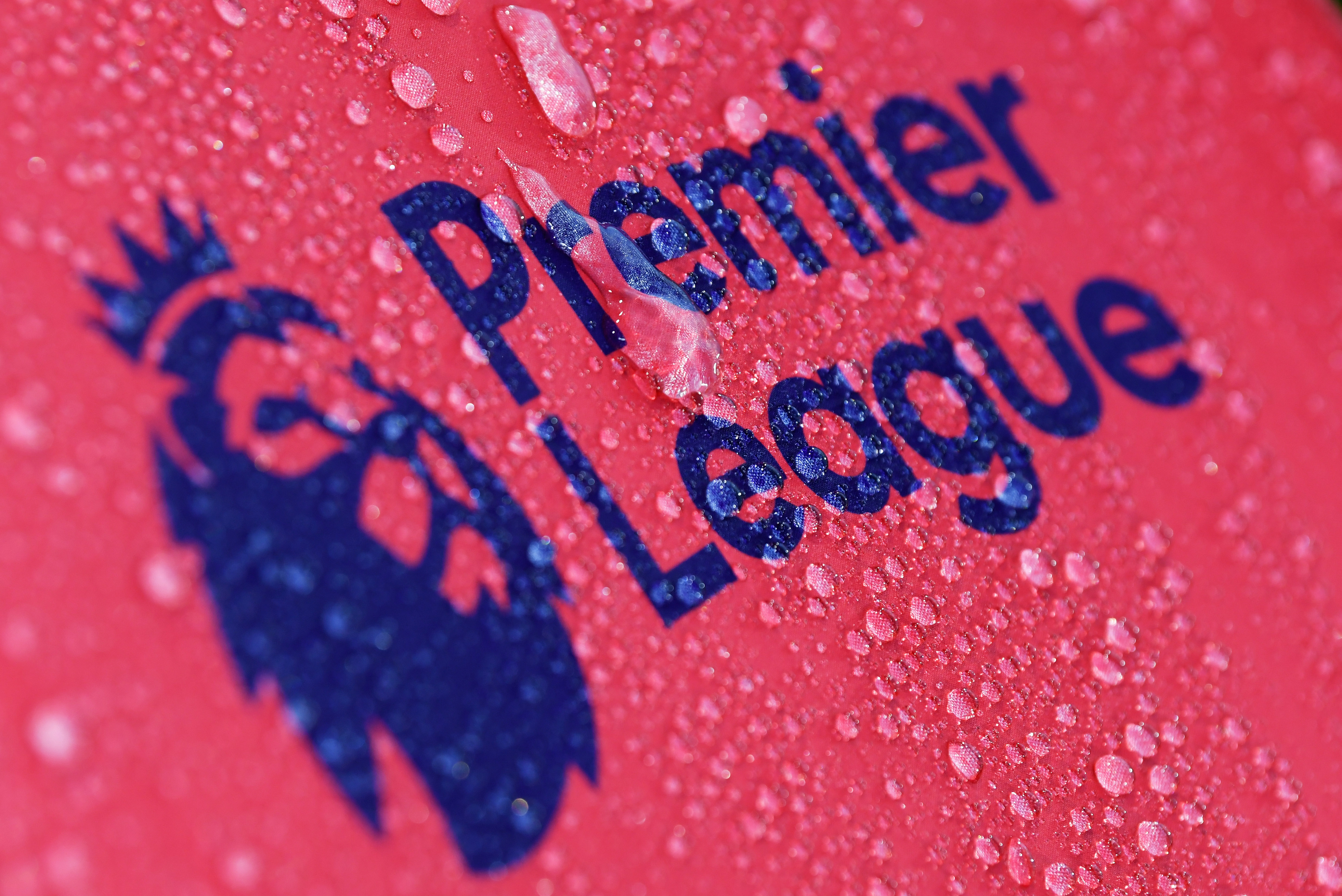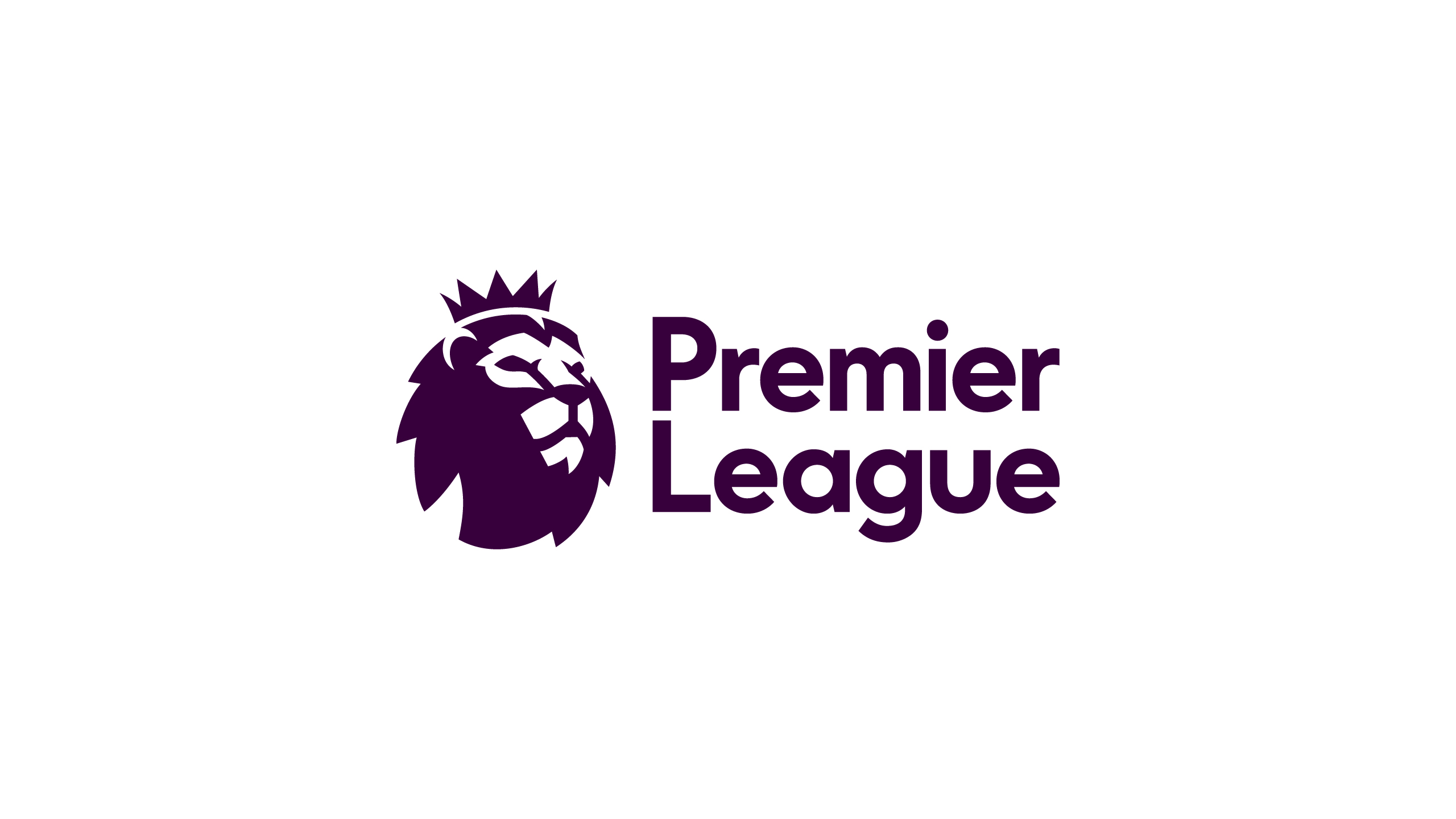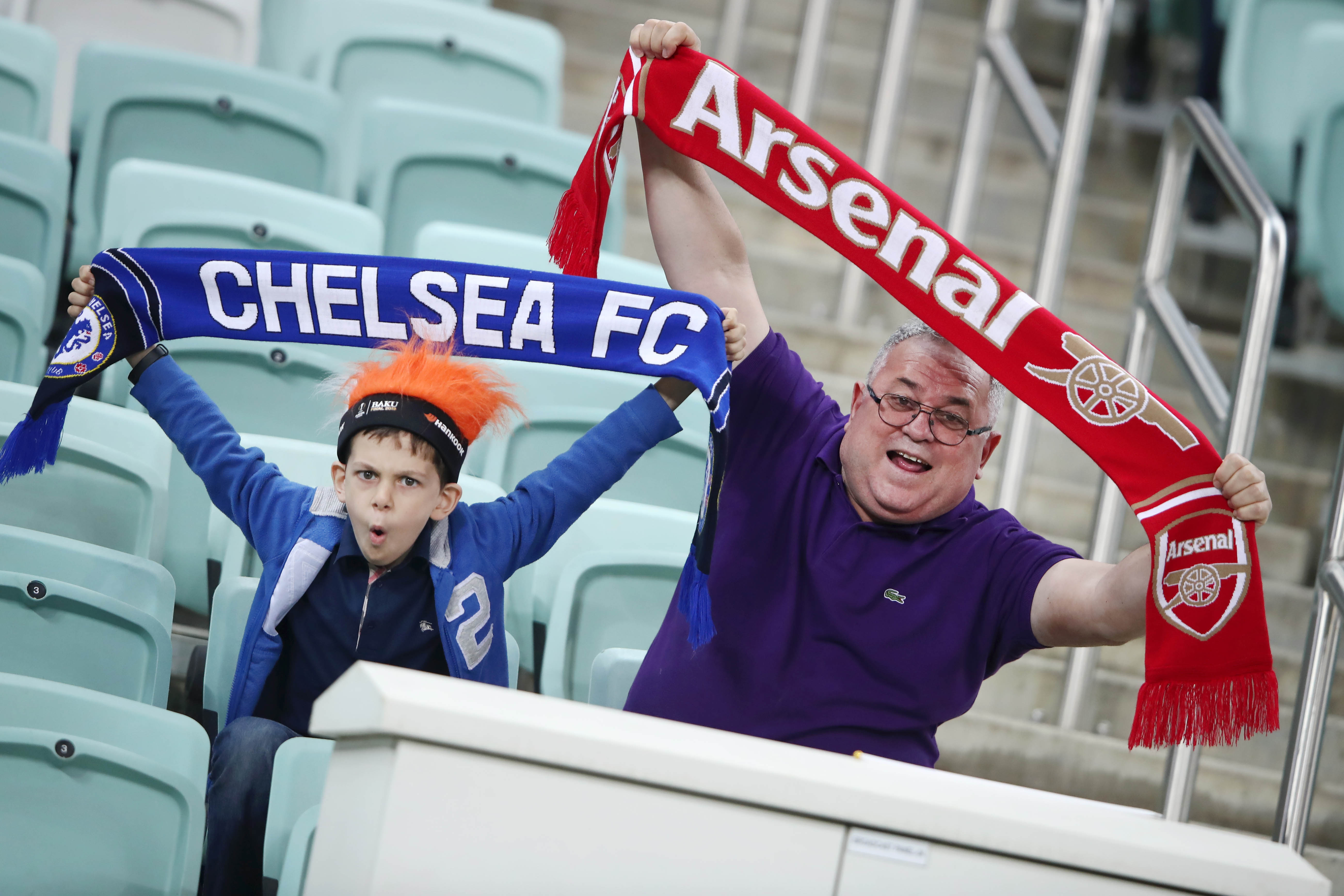The World Cup, being held in South Africa, will present the best opportunity yet for an African team to reach the semi-finals for the very first time. Each of the six participating nations will have the support of one billion Africans. Each team will represent not just its country, but an entire continent.
As the world shifts its focus to Africa, all of Africa will probably shift its focus to the Elephants – Cote d’Ivoire. It was not always the case as Cameroon and Nigeria were for long regarded as African flag-bearers, but such is the talent at the disposal of a country located at the south coast of West Africa that all hopes will be on them to make the entire continent proud.
In Didier Drogba, Salomon Kalou, Kolo Toure, Yaya Toure and Emanuel Eboue, Ivory Coast has its very own golden generation. Each one is a star in his own right, but has been unable to replicate the club-level success at the international stage.
They failed in the African Cup of Nations in 2008, losing to eventual winners Egypt in the semi-finals, while they were unable to progress to the knock-out phase in Germany’06 – their first ever World Cup appearance. In the recently concluded African Cup, the hype surrounding them was again blown away when they lost to Algeria in the quarter-finals. Their repeated failures only lead us to believe that till now the burden of collective hope and continuous media focus has been way too heavy for the golden elephants to carry.
Ivory Coast’s biggest achievement till date is their triumph in the African Cup of Nations in 1992. It was immediately followed by disappointment in the World Cup qualifiers, when a lot was expected of them. Eventually when they managed to qualify for the World Cup in 2006, they narrowly lost to Argentina and Netherlands, while defeated Serbia & Montenegro. Though they failed to make it past the first round, they succeeded in leaving a lasting impression on the football world.
The Elephants were termed ‘unlucky’ to be in the same group as that of Argentina and Netherland in the previous world cup. Four year hence, the group involving Ivory Coast, Brazil and Portugal has rightly been termed the ‘group of death’, which further proves the rise in their stature in world football. Now arises the big question – Can they do it?
Manager
Vahid Halilhodžić, who had managed the Cote d’Ivoire football team since 2008, was sacked after the team’s exit from the African Cup in January 2010. After that they have remained manager-less. All this while, the press wrote about Didier Drogba’s plea to Guus Hiddink, the ongoing talks with Steven Goran Eriksson and an offer made to ex-Japan boss, Philippe Troussier. If the Ivory Coast Football Association is serious about their team’s chances in South Africa, it needs to appoint a manager without wasting anymore time.
Goal Keeper
Baubacar ‘Copa’ Barry, who plays for Lokeren in Belgium, is expected to stand between the posts for the Elephants but he apparently is their weakest link. Though inexperienced at the international level, the talented young goal-keeper Ibrahim Kone will be on the plane to South Africa and may even get a chance at the expense of Copa.
Defence
In Kolo Toure and Sol Bamba, the Ivorians have a formidable central defensive partnership but their fullbacks – Emmanuel Eboue and Saika Tiene – balance it out, due to their lack of discipline. They are an asset going forward and provide them with attacking options but are susceptible to being caught out of position by fleet-footed wide-men. The Ivorians would be better served if they start with the Stuttgart left-back Arthur Boka instead of Tiene, especially against a team which has world-class wingers – Portugal. Former Arsenal veteran Toure, will have to rise to the occasion and marshal the defence.
Midfield
Ivory Coast is expected to line up in a 4-3-3 formation with Sevilla’s Didier Zokora in a defensive midfielder role and Yaya Toure playing further up-field in a role which is different from what he does for Barcelona. FC Twente’s Cheick Tiote is expected to company them in the midfield. They lack creativity in the middle but are generally solid and not easy to break down.
Attack
The Ivorians’ forte is their lethal strike-force. In African player of the year – Didier Drogba – they have arguably the best centre-forward in the world. Drogba captains the Elephants and a lot will depend on him in South Africa where he will literary have to lead from the front, both on the pitch and off it. He will play as a lone striker while Chelsea teammate Solomon Kalou and the highly-rated Gervinho, who are more than capable of supporting their talismanic captain, are expected to occupy the wings. Gervais Yao Kouassi was rechristened ‘Gervinho’ by his academy’s Brazilian coach, because of the samba-touch in his game. Gervinho, who can play as a striker, right winger and attacking midfielder, will be the player to watch out for in their ranks.
The eleven players, who are expected to start against Portugal on June 15th in Johannesburg –
Barry
Eboue K.Toure Bamba Boka
Zokora
Tiote Y.Toure
Gervinho Kalou
Drogba
Cote d’Ivoire embodies classic African footballing strengths – strong physique, good technique and endurance. They have a solid spine and four more years of experience behind them. What they lack is a coach who can motivate them and keep their superstars in check. If someone like Guus Hiddink takes over, even for a short-term role, one wouldn’t be derided for being too optimistic in predicting a second round clash with Spain.
If they make it past their group, no team will fancy facing the Elephants in a knock-out match, in their own backyard. You can never discount what the support of one billion people can do – Sometimes, it can inspire you to achieve the impossible.
His presentations have been observe site seen by more than 200,000 people around the nation
And you’ve got three national conferences and two district trainings and a school thing that you’re not really sure what it is but you essaysheaven.com know you have to be there.






